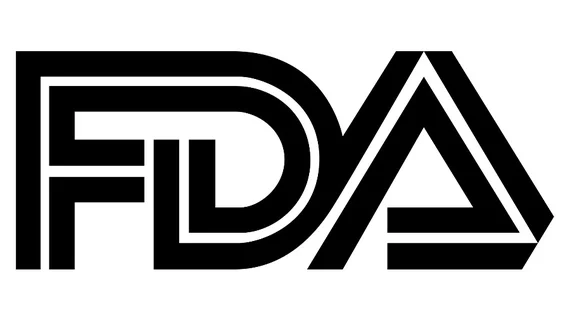The FDA has approved migalastat, the first oral medication for the treatment of adults with Fabry disease, the agency announced Aug. 10.
Fabry disease is a rare genetic condition caused by a deficiency of the alpha-galactosidase A (GLA) enzyme located on the X chromosome. It can cause a buildup of a fat called globotriaosylceramide (GL-3) in blood vessels, the kidneys, the heart, the nerves and other organs—contributing to the development of kidney disease, cardiac hypertrophy, arrhythmias and stroke.
Sold under the trade name Galafold and manufactured by Amicus Therapeutics, migalastat is indicated for adults with Fabry disease and a GLA gene variant determined to be amenable to treatment based on in vitro assay data.
“Thus far, treatment of Fabry disease has involved replacing the missing enzyme that causes the particular type of fat buildup in this disease,” Julie Beitz, MD, director of the Office of Drug Evaluation III in the FDA’s Center for Drug Evaluation and Research, said in a press release. “Galafold differs from enzyme replacement in that it increases the activity of the body’s deficient enzyme.”
The most severe type of Fabry disease is estimated to affect one in every 40,000 males, according to the release. A later-onset type may occur in one in every 1,500 to 4,000 males in certain populations.
According to one study, the life expectancy of men with the condition is shortened by 16 years, while women’s life expectancies are about five years shorter.
The FDA approval represents the first new treatment to be approved for Fabry disease in 15 years. Approval was based on a six-month, placebo-controlled trial of 45 patients which showed treatment resulted in a greater reduction of GL-3 measured in the blood vessels of kidneys.
The most common adverse drug reactions included headache, nasal and throat irritation, urinary tract infection, nausea and fever, the FDA said.
Migalastat received clearance under the FDA’s accelerated approval pathway, which is reserved for drugs for serious conditions in which there is an unmet clinical need. It was also labeled an orphan drug and given a priority review designation given its potential to “provide a significant improvement in treating, diagnosing or preventing a serious condition over available therapies,” according to the FDA.
“Today is a long-awaited day of celebration for all of us living with and advocating for people with Fabry disease, especially those who have participated in the development of Galafold in the United States,” said Jack Johnson, founder and executive director of Fabry Support & Information Group, in a release issued by Amicus.
“With the FDA approval of Galafold, certain members of the U.S. Fabry disease patient community finally have a second treatment option. Through their unwavering commitment and scientific innovation, Amicus has provided a much-needed new treatment option for many Fabry patients.”
Amicus plans to begin distributing its product immediately. The drug has also been approved in Australia, Canada, the European Union, Israel, Japan, South Korea and Switzerland.

